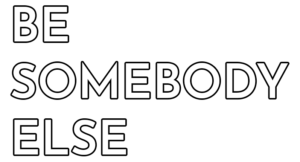Offensive. Nowhere.
Reading through accounts of parliamentary exchanges over the last two years, and how these have been reported in the press (a grim task) I was struck by how often the word ‘offensive’ has been used to qualify words, phrases, statements, policies, the outcomes of meetings and other awful phenomena, the legacy of this British government.
The word offensive reads as an alternative to another word. In explaining, or criticising, on the face of things pointing out the problem, as if we need to be told, it shifts away from another word. Racist, for example.
We need to begin with the first word. Any conscious move away from it … is a move away from it.
If I say that statement x is offensive I haver already stopped saying that it is racist.
Racist. From there, how about a spontaneous connection? What Freud might have called a free association. These are illuminating and intensifying. Like poetry, such words take us somewhere.
Offensive. Nowhere.
U-Turns
U-Turns, of which the current UK government are keen, are seen as a sign of disorganisation and weakness.
Narcissism
Not all narcissism is pathological. Sometimes it is a good thing to be around (uplifting, motivating, generous, exciting) and other times it’s a nightmare (possessive, coercive, secretive, blind to the need of others). This article puts it rather well:
Anger & Jokes
A joke is always one step away from someone getting angry.


